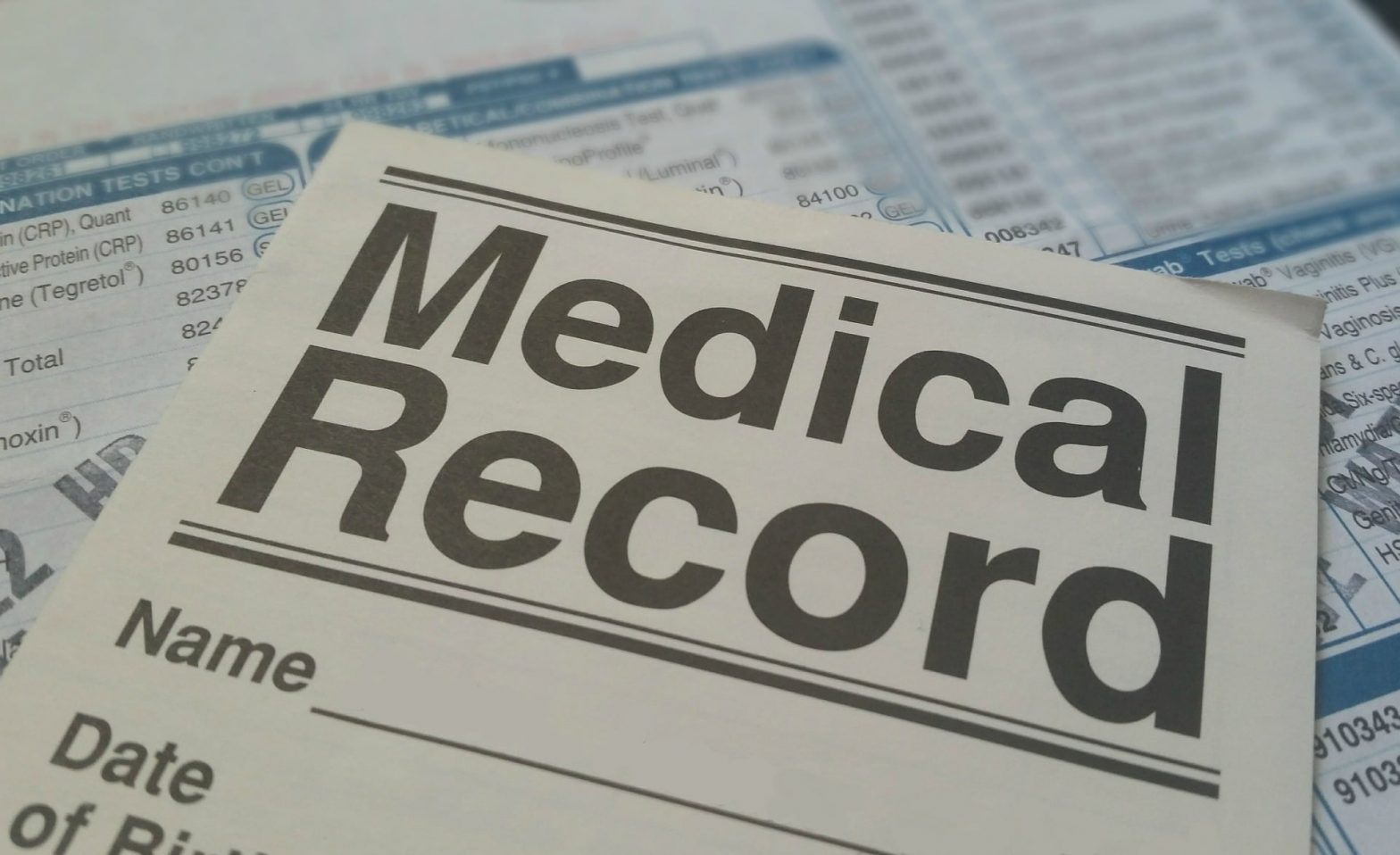
Streamlining communication between specialists and primary care providers (PCPs) is critical for the patient’s treatment. By ensuring seamless communication, health professionals can provide the best overall outcome for the patient.
However, despite the critical nature of patient records, many PCPs persist with manual workflows and outdated protocols to transfer e-records to specialists. Due to the lack of coordination between specialists and PCPs many patients still miss appointments with specialists.
In such cases, patients are left to make appointments with the specialist on their own. Unsurprisingly, because of this as high as 50% of patients fail to follow up on the recommendation of their PCPs.
In this article, we will list down the 9 consequences of patient records not being available to specialists.
Why Is Clear Communication Necessary For Ensuring Best Patient Outcomes?
The timely sharing of patient information is essential plays a key role in ensuring the best treatment for the patient.
If PCPs give specialists patient records before the initial consultation, they have more time to analyze the records in detail, resulting in better treatment.
Receiving charts before the initial consultation minimizes the chance of any critical medical information being missed during the introductory visit.
Furthermore, since patients don’t have to return to the specialist with the complete information, the specialist can begin hisher treatment in the earnest.
However, many of the existing IT solutions lack the efficiency required in the exchange of clinical documentation between primary and secondary care providers.
The lack of interoperability between both entities stems from faulty health IT solutions that silo patient data.
9 Consequences of Failing to Send Patient Records to Specialists
Medical Malpractice
The lack of cohesive and synchronized records opens a window for medical malpractice. When incomplete records are exchanged between health professionals, it is easier for malevolent elements to alter records to increase their profits.
Furthermore, unaltered complete records are essential in cases that may have liability issues. Unless the medical records are complete, a referral to a specialist cannot be justified.
Read A Case Study: How Mackenzie Health Transforms Diagnostic Image Process?
Unnecessary Treatment
The absence of patient records prompts many specialists to run preliminary exams or tests that are already completed by the PCP or not even required to begin with.
Although specialists decide to run these tests regardless of the pre-existing tests, the availability of complete information reduces the chance of specialists recommending unnecessary treatment or tests.
Improper Diagnosis
Perhaps the greatest consequence of failing to deliver patient records is the possibility of a wrong diagnosis.
When PCPs don’t give records to specialists before the initial consultation begins with a shared patient, specialists don’t have the complete information to make a proper diagnosis.
Chances are that patients either forget or don’t report certain health information, considering it to be unimportant. This results in improper diagnosis, which ultimately can be fatal for the patient.
Longer Delays
If a healthcare provider is using a manual referral management solution, their system is already racked with inefficiencies that delay treatment.
However, if these systems fail to deliver patient records to specialists on top of this, they can delay the treatment of patients even more.
Patients have to wait between the period where the referral is sent and the completion of the appointment to learn about these delays. Some patients, out of frustration, even cancel referrals because of these extended delays.
Finding the Right Specialists
Sometimes, PCPs refer to specialists they are not sure about. In the absence of a cohesive referral management solution, PCPs have no way of knowing the qualifications of some specialists, especially if they have to send referrals out of their networks.
However, if the PCP fails to provide the complete information of the patient to specialists in such scenarios, the mistake will go unnoticed by the wrong specialists.
These specialists may begin treatment for issues that are not required, wasting precious time and resources as a result.
Wasteful Defensive Medicine
Since the lack of patient records in referrals are one of the leading drivers behind malpractice claims, these incidents can also prompt physicians to recommend wasteful medication.
Although this doesn’t happen directly as a result of missed patient records, it can indirectly lead to malpractice lawsuits.
Many physicians start practicing “defensive medicine” due to malpractice lawsuits. This means that physicians request unnecessary procedures, medicines, and tests so they are not charged with a lawsuit.
Defensive medicine has been a bane for the healthcare system. According to some sources, defensive medicines cause the medical system to losses of $650 billion annually.
This massive amount takes up almost a quarter of all the money spent in healthcare. Health Affairs reports perceived risk to be the leading cause behind this phenomenon, something that increases in the absence of medical data.
Referral Errors
The lack of complete information can also lead to referral errors. These errors are far too common in faulty referral management solutions and they have grave consequences for the patients involved.
According to one research published in 2018, medical errors have become the third leading cause of death in the U.S with estimated fatalities being as high as 440,000.
Poor Co-ordination
After the PCP fails to provide specialists with patient records, it kicks a series of events that result in further challenges in coordination. This is why even after a referral appointment has been completed, specialists are unable to follow up on appointments on time, which burdens the referral cycle unnecessarily.
Similarly, if the specialist receives the complete patient information, overturns a previous diagnosis, and sends an updated follow-up, then the system is at risk of having conflicting diagnoses and follow-ups. Such duplicate records increase the risk of authentic data from being misinterpreted or replaced, which can seriously affect patient care.
Un-updated Electronic Medical Records
If either side fails to exchange patient data effectively, it may cause the EMR to stay un-updated. The failure to update medical records in the system results in significant problems for the patients as it can affect insurance claims.
How Can an E-Referral Management Solution Solve This Problem?
An E-Referral Management solution helps care providers streamline the sharing of patient records.
These solutions deliver patient records to and from primary and secondary care providers instantly to ensure the timely treatment of patients.
The formal network of care collaboration and communication provided by E-Referral management solutions provides both PCPs and specialists with greater visibility of patient’s total health, increasing the possibility of greater patient outcomes.







